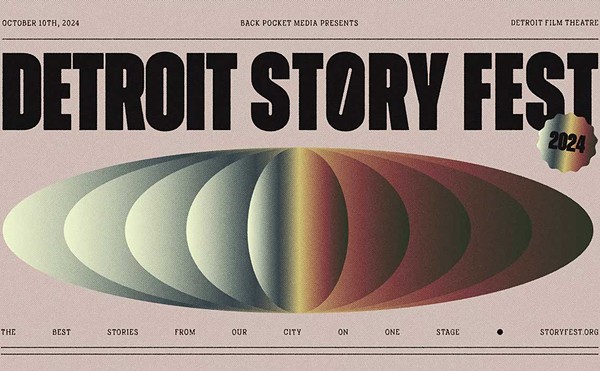The Iron Lady
C
Though it probably feels like Meryl Streep has been winning Oscars every few years, the truth is she last took home the gold statue when Ronald Reagan was in office (it was for Sophie's Choice). Streep sure gets nominated a lot (16 times so far), but her talents and dizzying array of accents are accepted as such a given that her performances are frequently overshadowed by actresses-of-the-minute, stars who sparkle for a few films then quickly fade away (I'm looking at you Helen Hunt, Hilary Swank and Halle Berry).
Like her turn as Julia Child in Julie and Julia, Streep once again dramatically outclasses the film she's in. Unfortunately, while the quality of her performances may stay high, her choice of projects gets worse and worse. From director Phyllida Lloyd (Mamma Mia!), The Iron Lady is as dull, clichéd and wrongheaded as a biopic can be, sporting a shallow and hamfisted script, and equally inept direction. But Streep sure makes a great Margaret Thatcher.
When we first meet Thatcher in The Iron Lady, she's a dementia-riddled old woman, doddering through the corner shop with a pint of milk. It's present day, and returning home she complains to her husband, Denis (Jim Broadbent), about the exorbitant price of groceries. (Denis, of course, died in 2003.) For a significant chunk of the movie we watch the former British prime minister in this addled state, chatting up her dead husband, mumbling nonsense at dinner parties, and tut-tutting the attempts of her daughter Carol (Olivia Coleman) to care for her. Shoehorned between is a flashback laundry list of life and career events, from the miner's strike to the IRA bombings to the war in the Falklands to the poll tax riots that ended her career. It's biographical filmmaking at its least insightful, an amateurish by-the-numbers sketch of revisionist history that is both content- and context-free.
As envisioned by scriptwriter Abi Morgan (Shame), Thatcher is a come-from-nowhere politician who stormed venerable male enclaves and proved anything a man can do a woman can do better. Never mind that she was a carefully groomed politician who moved from her position as a barrister to spend four years as opposition leader before taking the PM's office. Morgan not only plays loose with the facts in order to glorify Thatcher's flawless can-do persona, she almost willfully ignores her petty warmongering, her willingness to destroy jobs for ideological reasons, and the disastrous impact of her policies on many working-class communities.
Take, for instance, the film's treatment of the poll tax riots. Thatcher's conservative party decided to charge citizens to vote despite lack of popular support (some polls suggested only 2 percent of the population was in favor of it). No explanation or examination is given to the event that led to her resignation. It's just presented as another example of her iron will. And where is John Major, the conservative prime minister who followed her and abolished the tax? If you didn't already know something about British history in the 1970s and '80s, the events in the movie will have little impact.
Unlike The Queen, which used a specific event in modern British history to capture the personalities and politics of the time, The Iron Lady hops, skips and jumps through time with no effect, relying on Streep to play theatrical karaoke.
And Streep is certainly up to the task; she's understated but commanding and assertive all the same. Regal and righteous, Streep provides an intimate portrait of this staunch, cunning and uncompromising woman (and the shrunken old woman she becomes), but there is very little to mine. Instead, Streep fills the gaps where substance should be with dramatic eye-rolls and bold hand gestures. It's an entertaining yet external performance that only occasionally finds the human underneath.
So, the question becomes: Does Streep deserve the Oscar this time around? Probably not. This year is filled with great female performances, and while she certainly shines in The Iron Lady, it's not hard to against a lusterless background like this.





